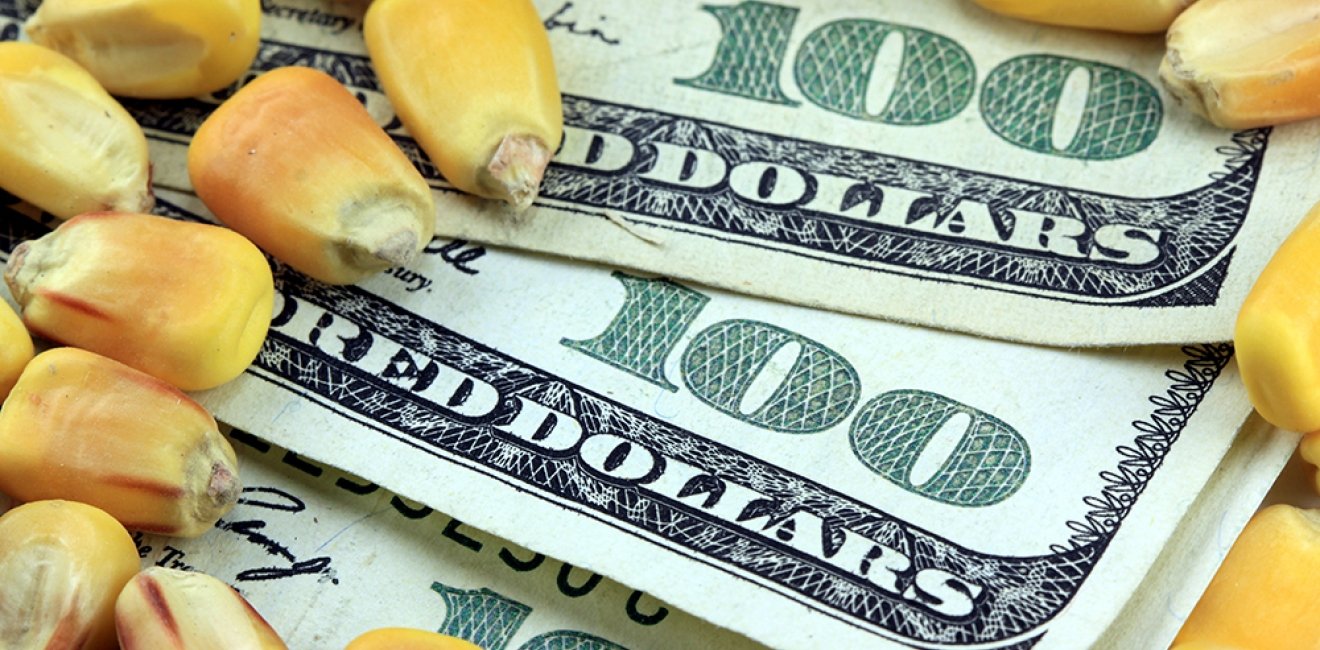
A blog of the Indo-Pacific Program
At first blush, Japan and United States succeeded in paving the way to reach a much-anticipated bilateral trade deal on the sidelines of the latest G7 summit. Both Prime Minister Abe and President Trump could seemingly claim a victory and both countries could look forward to signing a final, win-win agreement by late September. Yet scratch the surface and it is clear that there is a great deal of potential for misunderstanding and misinterpretation, making the road to a satisfactory conclusion all the more challenging, especially at a time when global trade rules are being driven by political, rather than economic interests. In fact, the key for a final conclusion by next month may well be diplomatic and above all else, security, reasons rather than any consideration for economic expansion, at least from Tokyo’s perspective.
Since the CPTPP came into effect earlier this year, it has become increasingly clear that the United States has been losing ground in exporting goods overseas as a result of being outside of the trade framework. It’s been particularly challenging for U.S. producers in Japanese markets, given that Tokyo now has lowered its tariff barriers not only to CPTPP member countries, but also to the European Union as a result of signing a trade pact with the EU last year.
Already, there is speculation abound within Japan about the challenge of purchasing U.S. corn to the level anticipated by the White House...
So it’s hardly surprising that at his joint press conference with the Japanese premier, President Trump highlighted the fact that the forthcoming trade deal would be “tremendous for farmers,” noting that Japan would be buying “excess corn in various parts of our country.” Yet for his part, Prime Minister Abe pushed back on making any public commitment to buying U.S. corn by noting that the decision would ultimately be up to the private sector. Already, there is speculation abound within Japan about the challenge of purchasing U.S. corn to the level anticipated by the White House, not least because of Japanese consumers’ wariness of GMO crops in general and Japan banning genetically modified crops from being grown as a rule, unlike in the United States.
Still, a concession on GMOs and persuading consumers to be open to genetically modified crops may be inevitable as Tokyo presses for a trade deal that would shelter Japanese car manufacturers from being hit by protectionist tariffs in the name of national security under Section 232. Certainly, Japan’s argument that investments by automakers into the United States to provide high-paying jobs that are deeply rooted to the local community is unlikely to make any headway, especially when the biggest source of the U.S. trade deficit with Japan comes from the auto sector.
Then there is the broader vulnerability of Japan, like other countries, to a slowdown in the Chinese economy that would hurt its own growth prospects.
But the need to protect Japanese car manufacturers from U.S. tariffs is hardly the only reason why Tokyo may well have no choice but to purchase U.S. corn among other agricultural products that the Trump administration is pressing for. There is, of course, the need to hedge against the spillover effect of the ongoing trade dispute between the United States and China, especially given the supply chain network of Japanese companies of all sectors across China. Then there is the broader vulnerability of Japan, like other countries, to a slowdown in the Chinese economy that would hurt its own growth prospects.
Another growing risk though is the fallout from the ongoing tension between Tokyo and Seoul. While Japan’s decision to impose export restrictions to South Korea will hurt the Korean economy more, especially in the near term, the prospect of strained relations extending to security as much as economic relations will be a challenge for Japan’s growth prospects too. More significantly, ongoing tensions with Seoul on the one hand and the reemergence of a more belligerent North Korea on the other has only increased Japan’s need to maintain good relations with Washington, even if that comes at a price. So while Tokyo has remained consistent in wanting to keep agricultural concessions to no more than the level outlined by TPP, and it has pressed for the permanent lifting of the threat of auto tariffs, Japan’s bargaining power continues to be limited, even as the ambiguity in what exactly the end goal of a bilateral trade deal continues.
Follow Shihoko Goto, deputy director for geoeconomics and senior associate for Northeast Asia, on Twitter @GotoEastAsia.
The views expressed are the author's alone, and do not represent the views of the U.S. Government or the Wilson Center. Copyright 2019, Asia Program. All rights reserved.
Author


Indo-Pacific Program
The Indo-Pacific Program promotes policy debate and intellectual discussions on US interests in the Asia-Pacific as well as political, economic, security, and social issues relating to the world’s most populous and economically dynamic region. Read more





